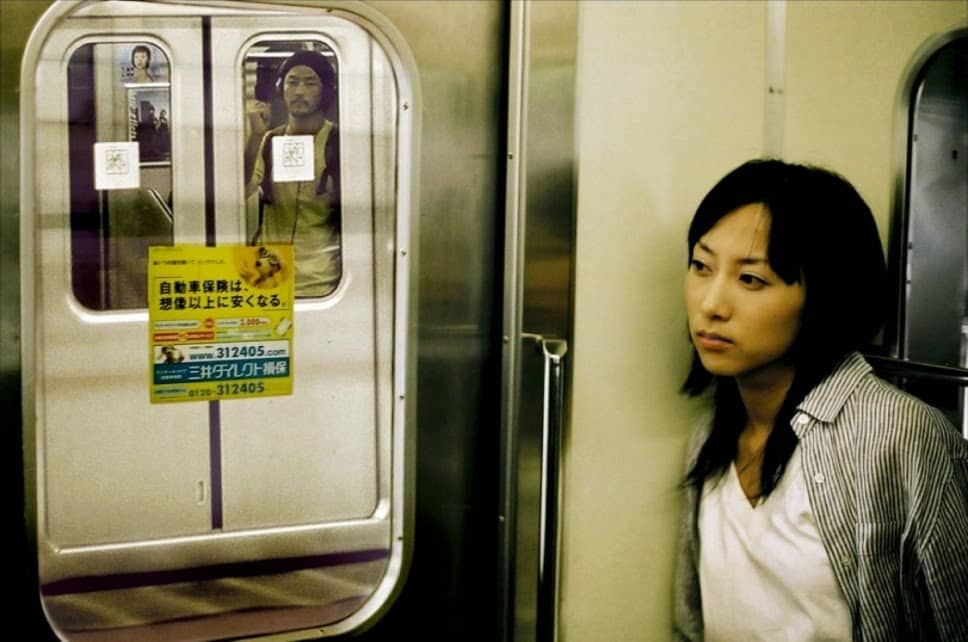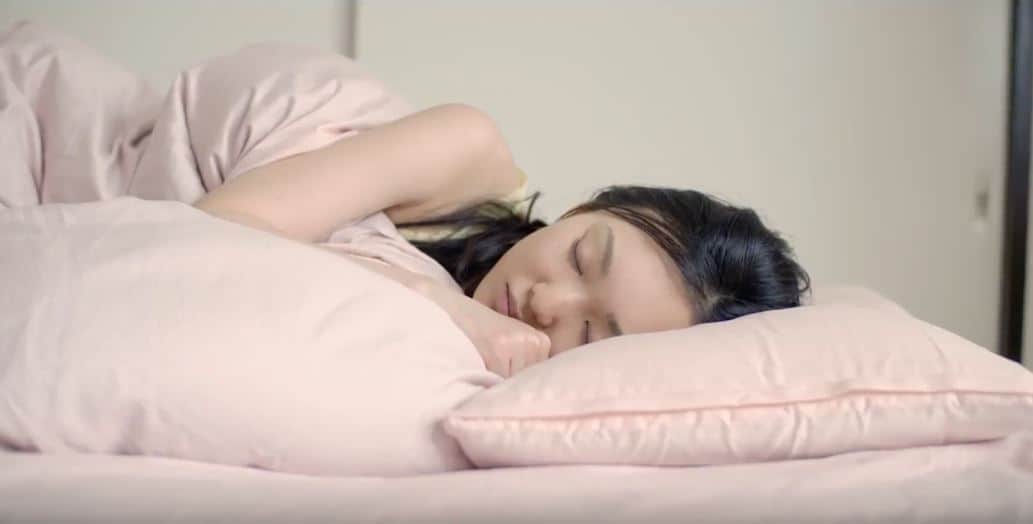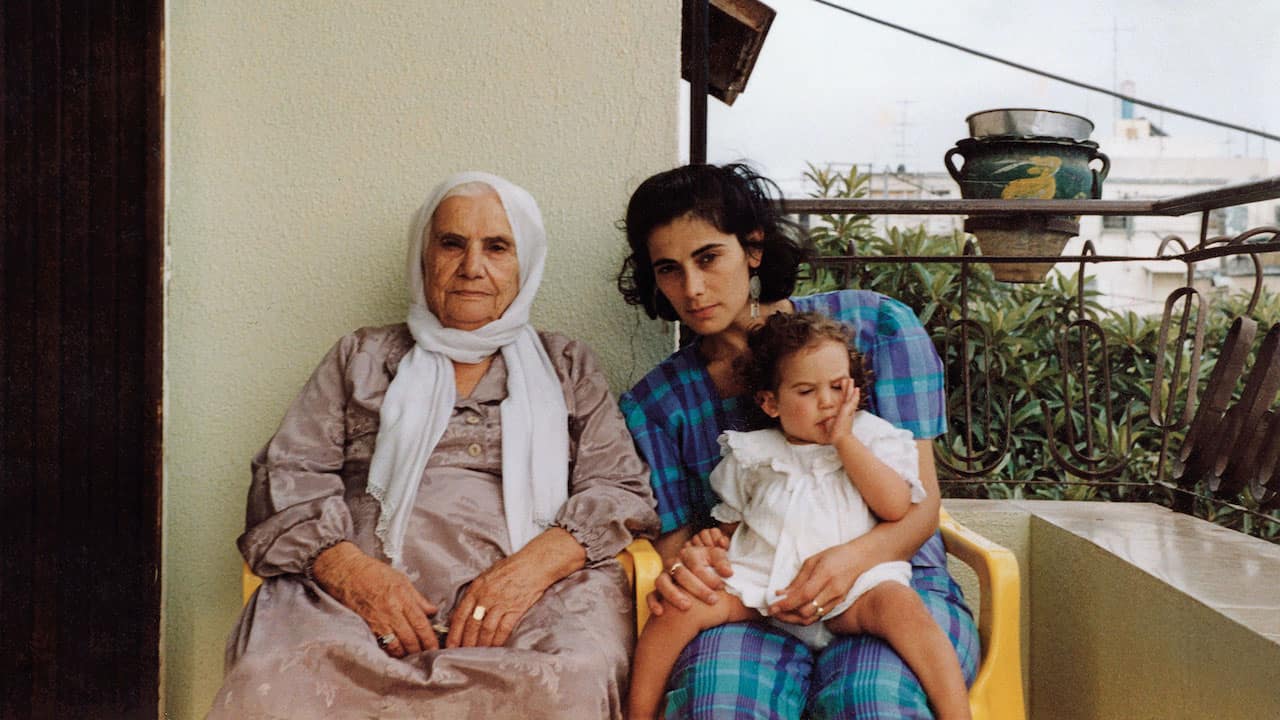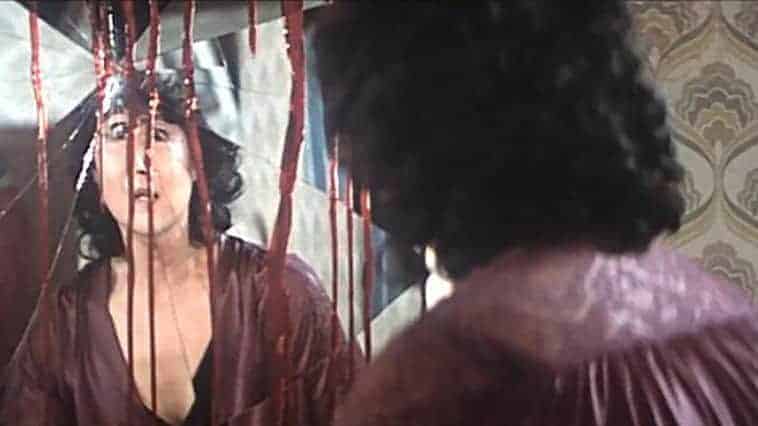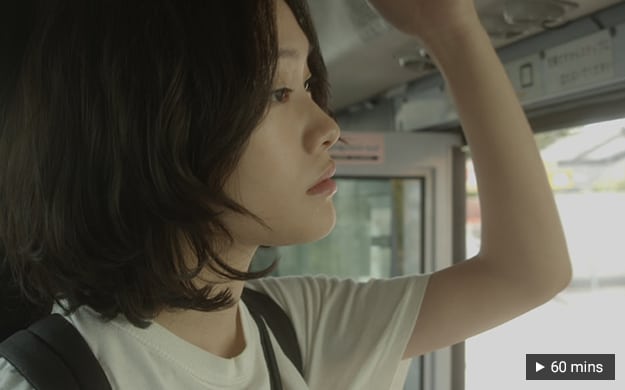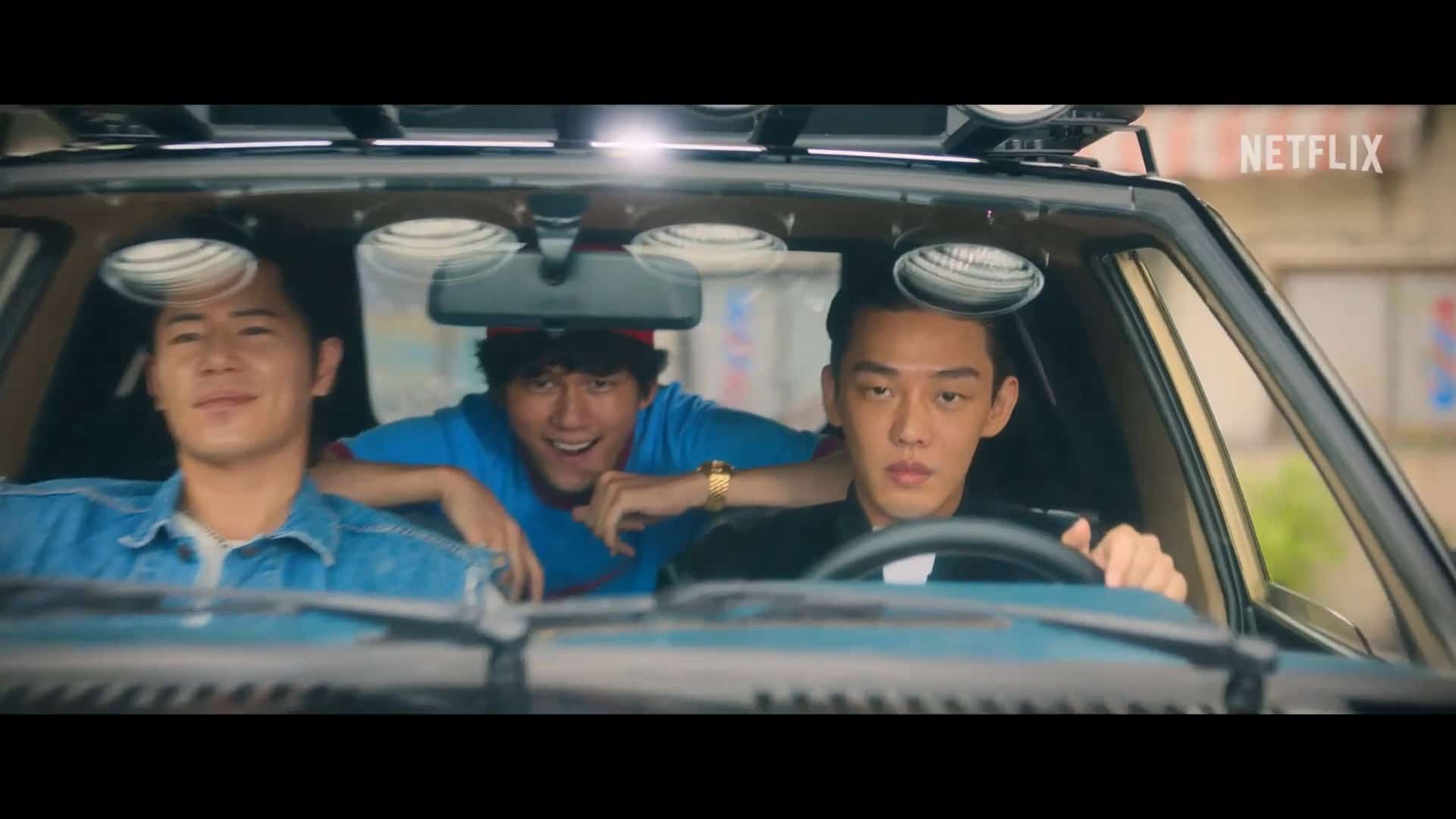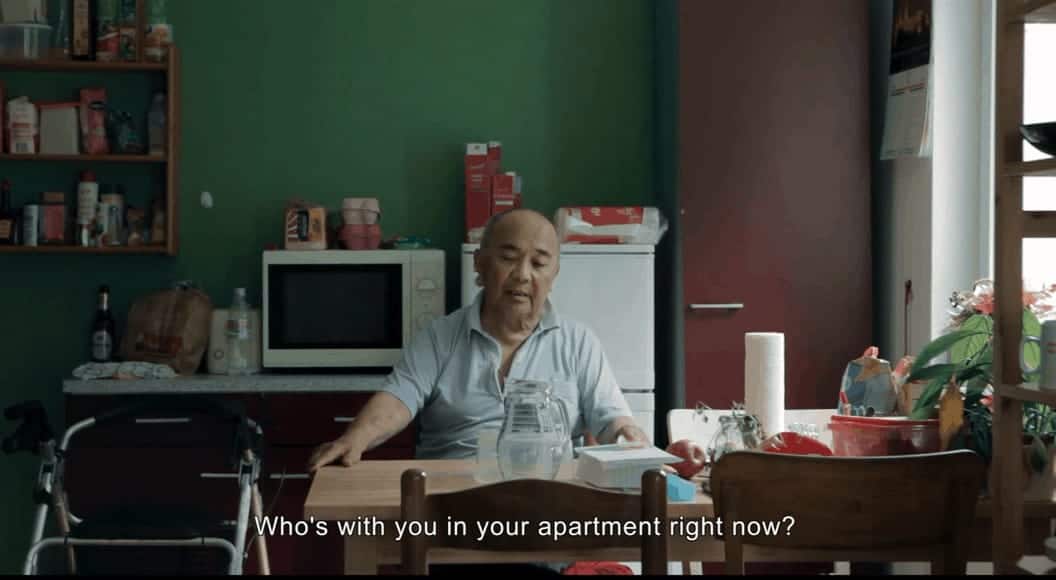To mark the centenary of Yasujiro Ozu's birth, Hou Hsiao-Hsien made his own Tokyo story, “Café Lumière,” a film with Hou's individuality, but full of subtle nuances in tribute to the Japanese master. The family drama gets a modern-day setting, with cultural change seen across the generations.
Buy This Title
on Amazon by clicking on the image below
Yoko (Taiwanese-Japanese musician Yo Hitoto) is a journalist who switches her time between Tokyo and Taiwan. Researching Taiwanese composer Wen-Ye Jiang, she seeks out a cafe the composer frequented when based in Tokyo. And in tribute to Ozu, who favored dialogue over story, that is about that in terms of plot.
Family and its changing nature is a theme hinted at throughout, with Yoko being pregnant by her boyfriend in Taiwan. However, she has a somewhat blasé attitude towards the pregnancy, and indeed her boyfriend; unconcerned as to whether she sees him again, let alone allowing him to father his child. Still relevant today, this very much fits the reported Twenty-first Century attitude among younger Japanese of sex and relationships as ‘bothersome.'
Yoko's father (Nenji Kobayashi) seems unimpressed with her attitude, while her step-mother tries to do what she can to please her. Living in the countryside, their visiting her in her small Tokyo apartment is reminiscent of Ozu's “Tokyo Story” (1953), with the elders feeling out of place in the modern metropolis; her father maintaining silence. Her lack of hospitality also mirrors Ozu's masterpiece, borrowing food and sake from neighbors, but also treating her parents as a burden.
This is a modernising of Ozu's take on the empowerment of women, as seen in the likes of “Late Autumn” (1960), where a younger female shuns the traditional expectations placed upon her. Four decades along the line, not just rejecting the ideas of arranged marriage, Yoko is quite content to tackle the pregnancy alone and continue her search for Jiang. But Hou includes some caution, as she finds herself alone on a train station platform feeling sick.
Trains are an important theme in “Café Lumière,” as indicated through Hajima (Tadanobu Asano), Yoko's bookshop worker friend and Tokyo rail network obsessive: recording the various sounds and creating digital artwork of Tokyo's trains. The sounds he records, such as the infamous Yamanote Line station announcements, are part of modern-day Tokyo life, as was the growing presence of neon lights on the cityscape of Ozu's later work.
Here, Tokyo is morphing into a modern-day megalopolis – a confusing and sprawling mass of railway networks. The slow shots of trains chugging along are an Ozu staple, but here are similarly a beautifully ugly image of the modern city, with Tokyo the true star of the film. As with Wim Wenders' search for Ozu in “Tokyo-Ga” (1985), this is a documentation, the cast less acting, but filmed as they go about the tasks they are asked to perform.
Viewed in isolation, “Café Lumière” is a slow piece with little really going on. But viewed as an Ozu tribute, this is a film full of nuance for the initiated, as many search for the hidden world of the Japanese master.


